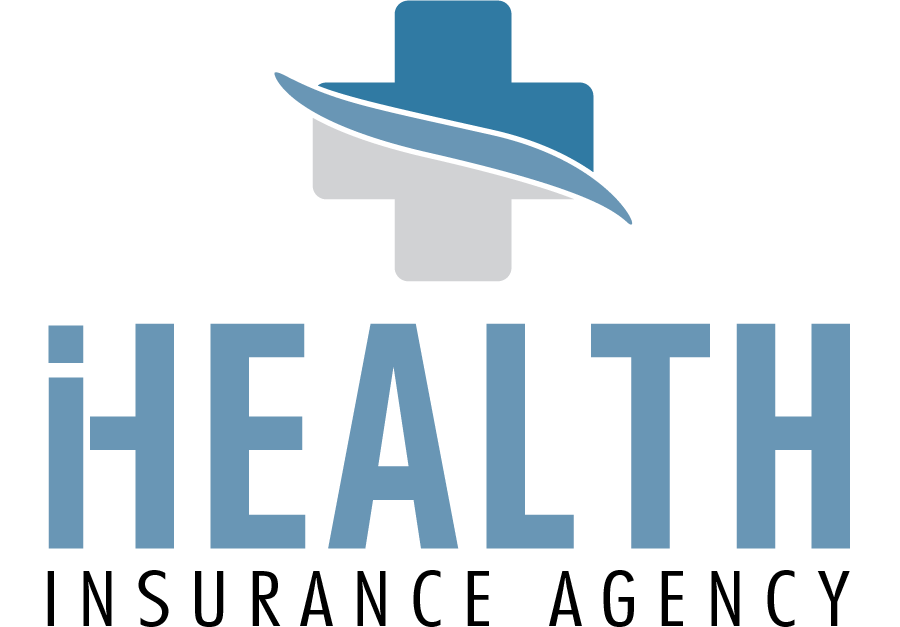Medicare Part C - Medicare Advantage
Medicare Part C, or Medicare Advantage, offers a way to receive your Medicare coverage through private health insurance plans. These plans combine the coverage of Medicare Part A (hospital insurance) and Part B (medical insurance) while often providing additional benefits not included in Original Medicare.


What Does Medicare Part C Cover?
A Medicare Advantage plan provides all the coverage of Medicare Part A and Part B, but with more flexibility and additional benefits in some cases. Most plans also include prescription drug coverage (Part D), an essential feature for many people. Depending on the plan, you may also get extra benefits like dental, vision, hearing coverage, wellness programs, and more.
Private insurance companies offering Medicare Advantage plans must follow Medicare rules but may charge different out-of-pocket costs, and the plan details—such as network restrictions, referral requirements, and covered services—can vary. However, these plans are designed to help you save money and provide a more structured, easy-to-manage healthcare option.
Types of Medicare Advantage Plans
There are five common types of Medicare Advantage plans, each catering to different preferences and needs:

SNP (Special Needs Plans):
Tailored to those with specific healthcare needs, such as chronic conditions, dual eligibility for Medicare and Medicaid, or individuals living in particular care settings.

PFFS (Private Fee-for-Service):
Allows you to visit any provider who agrees to the plan’s terms, providing flexibility but possibly with variable costs.

MSA (Medical Savings Account):
Combines a high-deductible health insurance policy with a savings account to pay for qualified healthcare expenses.

HMO (Health Maintenance Organization):
Requires you to get care from a network of providers. A primary care physician (PCP) oversees your care and provides referrals to specialists.

PPO (Preferred Provider Organization):
This offers more flexibility by allowing you to see doctors outside the plan’s network, though costs are lower when staying within the network. No referrals are required.
Eligibility and Enrollment
To enroll in a Medicare Advantage plan, you must already be enrolled in Medicare Parts A and B. You must also live in the plan’s service area to be eligible. Medicare Advantage plans have specific enrollment periods, including:

Initial Enrollment Period:
This is when you first become eligible for Medicare.

Annual Enrollment Period:
Occurs each fall (October 15 – December 7), allowing you to switch plans.

Special Enrollment Periods:
For those who experience life changes like moving or losing employer coverage.
Costs of Medicare Advantage Plans
Medicare Advantage plans often have lower monthly premiums than Original Medicare, but the out-of-pocket costs can vary based on the type of plan and additional benefits. While you still pay the Medicare Part B premium, your plan may cover some or all of your out-of-pocket costs, including copays and deductibles, depending on your chosen plan.
For those who are comfortable with a structured approach to healthcare and want to maximize their benefits—like prescription drug coverage and additional health services—Medicare Advantage can be an excellent option to consider.

Maximizing Your Benefits with Medicare Advantage
Medicare Advantage plans can help you save money and provide a more streamlined healthcare experience. By understanding the available options and selecting a plan that fits your health needs, you can get the best possible care while minimizing healthcare costs. It’s crucial to review your plan annually to ensure it continues to meet your needs, as benefits and fees may change.
If you’re considering enrolling in Medicare Advantage, reach out to learn more about available plans and how they can help you maximize your Medicare benefits.



